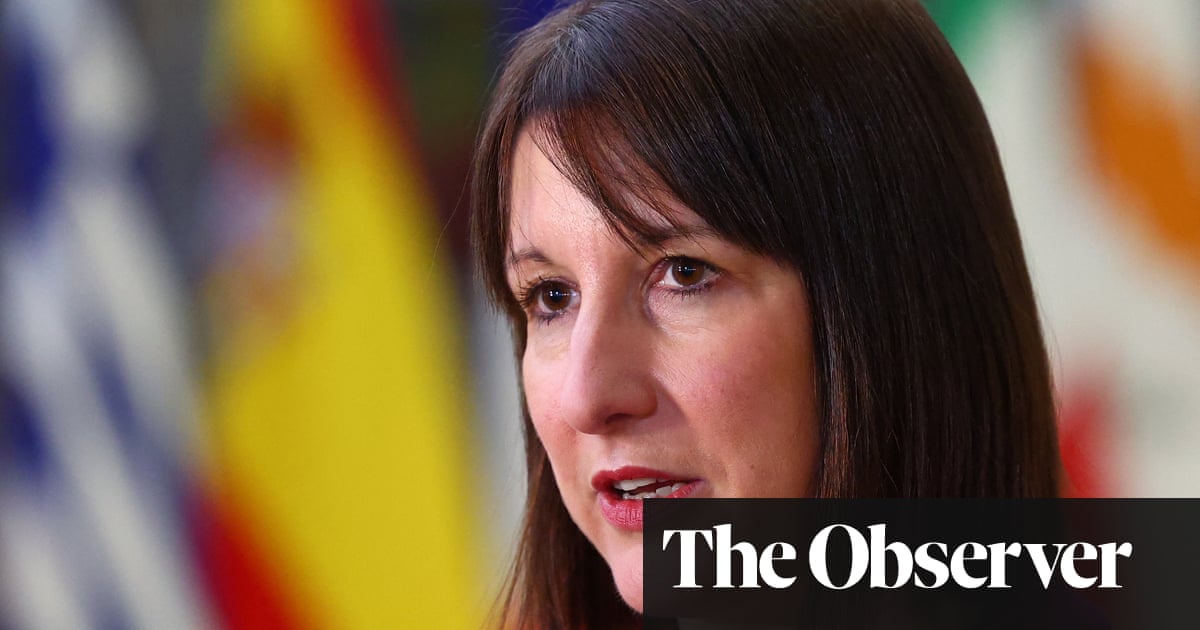‘Somewhat more critical’: pride in Britain’s history falls sharply in survey

- by Admin
- September 2, 2024

Pride in Britain’s history has fallen sharply over the past decade as the country has become less nationalistic and jingoistic and more reflective about its place in the modern world, according to a leading barometer of the British public mood.
Although Brexit and immigration have created flashpoints around national identity in recent years, the wider picture shows a more inclusive and self-critical sense of Britishness emerging and a decline in my-country-right-or-wrong views.
While levels of pride in Britain’s achievements in sport and the arts have remained high over the last 10 years, the overall impression is of “a country that is quite proud of itself but maybe no more than that”, the British social attitudes survey found.
There was a striking 22-point fall in the proportion of people saying they were proud of Britain’s history, from 86% to 64%, and a 13-point drop in those who said they would rather be a citizen of Britain than any other country, from 62% to 49%.
There were also marked declines in the proportion of people expressing pride in Britain’s democracy, its economic achievements and its political influence in the world. People were less likely to agree that Britain was better than most other countries or that people should support their country even if it was in the wrong.
“Despite Brexit and the debate about immigration, Britain has become less exclusive in its attitude towards Britishness, less likely to feel a sense of superiority as compared with the rest of the world, and somewhat more critical about its politics and its past,” the survey report concludes. “It is perhaps a picture of a country that to some degree at least becomes more reflective about itself and about its relationship with the rest of the world.”
The findings echo trends identified in other recent British social attitudes surveys, which have tracked the ascendancy of socially liberal views and the emergence of majority positive views on the economic and cultural benefits of immigration, in the face of opposing and often intense media and political rhetoric.
Britain’s history – in particular its conduct as an imperial power, including its prominent role in the transatlantic slave trade – has come under more critical scrutiny in recent years, fuelling culture wars where the right has blamed “woke” views in educational and cultural institutions for supposedly undermining national pride.
Alex Scholes, a senior researcher on the survey, which is based on 5,600 interviews conducted in September and October 2023, said the striking fall in pride in Britain’s history may in part reflect the high-profile public debate about empire, slavery and race in recent years.
But he said it also reflected more profound shifts in attitudes caused by the ascendancy of more inclusive “civic” ideas of what it means to be British at the expense of “ethnic” nationalism that links Britishness primarily to birth, ancestry and Christian faith.
Although those with a primarily civic sense of Britishness – characterised as “more likely to take pride in the country’s current achievements than in its past as a ‘people’” – were less likely to have pride in Britain’s history, they had higher levels of pride in its sporting and artistic achievements, and its democratic institutions.
after newsletter promotion
Those with an primarily ethnic conception of Britishness were more likely to have a positive sense of Britain’s history and to believe in its innate superiority as a country and a people. They were twice as likely as civic nationalists to agree that people should support their country even if the country was in the wrong.
The ascendancy of civic Britishness may reflect Britain’s transformation into a more ethnically and linguistically diverse society in recent years, the survey suggests. For example, despite impressions created by Brexit, people are more likely to take the view that “current commitment” matters more than “past ancestry”, the report says.
“There are two rather different stories told about British identity. One is a vision of a multicultural society that is welcoming of the cultural diversity that postwar waves of immigration have brought. The other is of a proud country that has withstood all invaders since the Norman conquest, and which enjoys a rich and unique cultural legacy that needs to be cherished and preserved,” it says.
“The decision to leave the European Union seemed to suggest that the latter vision was the more powerful in the popular mind. However, what appears to have happened in practice during the last decade is that British identity has come to be conceived to an even greater extent than before in primarily civic, inclusive terms that potentially leave the door open to newcomers.”
Although some of the rise of civic Britishness is down to “generational replacement” – older people with less inclusive ideas of what it means to be British dying out – the report notes that the decline in ethnic Britishness over the past 10 years is present across all ages and generations.
The Latest News
-
December 23, 2024Daily horoscope: December 23, 2024 astrological predictions for your star sign
-
December 23, 2024Sharp fall in UK business activity forecast as economic gloom deepens
-
December 22, 2024Foxtel offloaded to UK streamer for $3.5b
-
December 22, 2024Elon Musk’s British cousin reveals how brutally world’s richest man snubbed him: ‘I’m shocked that…’
-
December 22, 2024‘Labour will torpedo my firm’: One of Britain’s OLDEST family businesses says inheritance tax plans could destroy his finances in ‘blink of an eye’ after 250 years of trading





